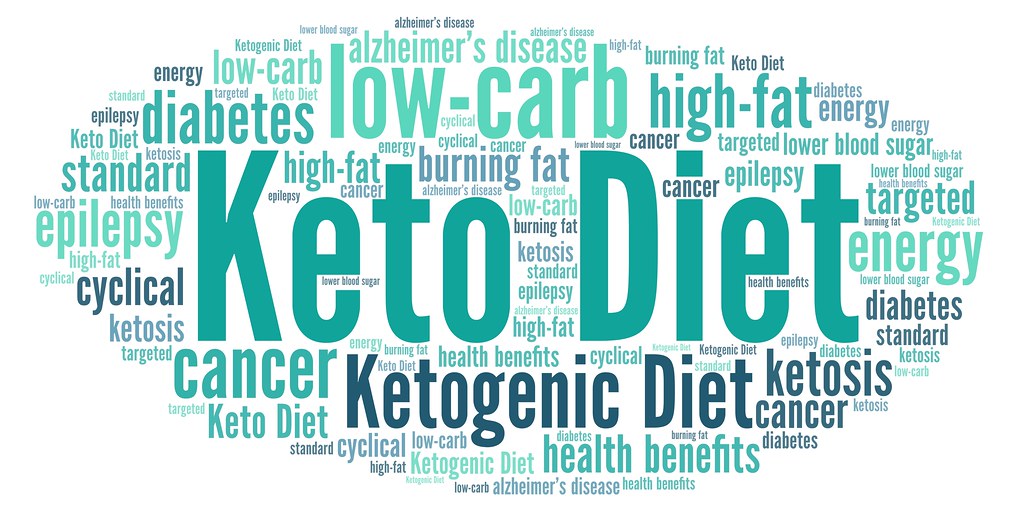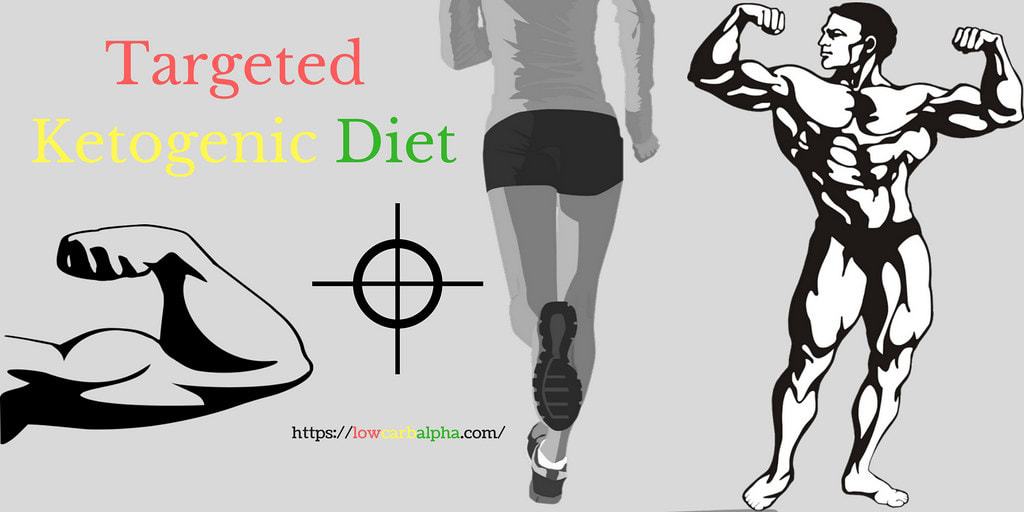|
The blame for the obesity epidemic has been placed on everything from genetics to poor eating . . . but is there a darker, unspoken human need that remains unfulfilled and often even unknown even to oneself? Let’s start this part of our transformative inquiry by being honest with ourselves, confronting the sabotages, finding ourselves, and then not losing that person again.
Unmet emotional (and spiritual) longings are recurrently filled by food, yet the longing and emptiness remain. Our mind, in its ultimate judgment, feels empty, lonely, starved for affection or belonging recurrently and unconsciously, even telling our bodies to turn to food to gain some feeling of being “full.” Food eventually becomes a learned substitution for every need in our lives, including how to deal with stress, loss, grief, loneliness, and loss of faith. Stress alone comes with its own sad story of fat hormones and carbohydrate intolerance, which may lead to sleep issues. Lack of adequate sleep, in turn, contributes to “fatness.” Constantly, almost like a mouse on a wheel, we try and try but get nowhere. Miraculously, if goals are met, the weight is lost – think . . . just how permanent is it? Usually, not very. It is because the elephant in the room, our heart, our soul, is still in the room unattended, unfulfilled, and even unrecognized. Is it feasible to expect that with growing awareness of these other barriers to long-term weight-loss success, a separate treatment plan would blossom out of a need for permanent wellness success? Oh, Where to Begin to Find Such Secrets to Be Solved? Both the logical and exercise science points of view determine that obesity is caused by energy input being greater than energy output. Many people’s palates and brains are addicted to high salt, sugar, and fatty food, true. This notion is also consistent with science, but I believe other etiologies with more effective approaches are out there but underutilized, as just discussed. Humans are emotional creatures, and there is no denying basic instincts such as finding community, love, pleasure, and happiness. Unlike our land and sea mammals, which are driven biologically to reproduce and survive, humans have an expansive consciousness with the free will to choose how they want to live. The gift of choice without knowledge sometimes harms our overall balance and well-being. It can be argued that over the years, families have changed, giving birth to an entire generation with prominent negative health behaviors. If a child grows up eating fast food and drinking soda in replacement for water, the child will grow up into an adult who passes these behaviors and unhealthy ways of coping down to his/her family. Simply put, what science and psychology say about obesity is true, and an integrative approach to this problem must be taken globally. No longer can feelings, anger, stress, sexual dysfunctions in marriages or relationships/break-ups – no longer can they be ignored and swept under the rug. The underlying causes of obesity are driven by emotions, which then become akin to an addiction caused by the release of hormones and neurotransmitters in the body. Many food chemists, for example, design food to become addictive, which plays into the role of overeating. It’s a vicious cycle that takes time to retrain the body and brain. This is a huge job and one that is not being done in its entirety in any weight loss program today. Plan For Listening to the Inner Self, Your Emotions, Your Beliefs For many obese people, they have “lost” their power somewhere on their journey in life. Many keep giving their power away to their boss, spouse, children, friends, or anyone who needs their service. Those who have power but still struggle emotionally are stuck in belief systems that they can’t be or look a certain way. This, too, is linked subconsciously to being powerless. Many experience the domino effect. Sometimes it starts with one scenario that leads into other and more complex situations later in life. Many who have been verbally, physically, or sexually abused in the past are likely to fall into negative eating habits. Mostly, with women, there is either an underlying sense of shame or the need to be unattractive to men. I have found this with women who were sexually abused in their upbringing. In fact, they cover and hide any sense of beauty and love that can shine from their power center. People are obese for many reasons, but those who are not emotionally happy often seek fulfillment and validation through overeating. Those who “MUST eat their ice cream every day” have connected a certain food with a certain feeling. Why is this connection to a certain food that important? Questions like these must be asked and answered with a plan for emotional fulfillment without the use of food. A truly balanced person never has a biological urge to “need” a certain daily food for survival. The most important lesson is that power must be balanced. Those who have excess power often abuse their personal strength. Or they use their power to compensate for something else lacking in their life. Not everybody has emotional problems, but for many, the emotion is deeply buried and allows others to control our lives instead of ourselves. Even if a person is religious, he or she may not be spiritually fulfilled and in control of his or her life, choices, and emotions. Start by listening:
©Kathryn Shattler, Synergetics Weight Loss for Life Plan
0 Comments
Hitting a weight loss plateau is typical for any low-calorie meal plan you may be following. It is a notorious roadblock for anyone wanting to lose weight, and the game plan is to succeed on that weight loss plan, be it keto or other. Here are ten reasons why you may be hitting a plateau while trying to follow a keto diet:
What is the best keto diet, you ask? The keto Mediterranean Diet is the healthiest keto diet plan to follow. It has healthy fats that won't clog up your arteries, and it's good for your heart. So, don't give up. Plan for the plateaus! Ketogenic diets are all the rage today, many of them followed incorrectly or at risk to their heart’s health. If you have a coach helping you with this diet, look to see if they are certified in the diet instruction. Certification programs exist that guide the provider in helping the patient or client choose heart-healthy fats when keeping that fat goal high and not turn to a diet of bacon and eggs. The five types of keto diets people are following these days are: The Standard Keto Diet This diet is the most typical ketogenic diet and consists of a 75% fat intake, 20% protein intake, and 5% carbohydrate intake. It is necessary to control the protein intake because protein readily turns into glucose. It is no joke that this diet is strict and difficult to follow. Some good examples of healthier fat choices include: 1. Cacao Butter 2. Coconut Butter 3. Organic Coconut Oil 4. MCT Oil 5. Almond 6. Butter 7. Coconut Milk 8. Coconut Cream 9. Ghee 10. Avocado 11. Nuts 12. Sugar Free Chocolate 13. Olives 14. Butter 15. Avocado Oil 16. Cheeses 17. Olive Oil Targeted Keto Diet Targeted Ketogenic Diets (TKD) are geared toward bodybuilders. With a targeted keto, allowable carbohydrates are scheduled into the meal plan a half hour before a workout. The key to making this diet a success is high- intensity workouts to get that glucose burned out of the system before it is taken out of ketosis. A good tip for burning your allowable carbs fast is to eat easily digestible carbohydrates. After the workout, it is essential to take in more protein to rebuild muscle fast. Cyclical Keto Diet This variation of the standard diet allows you to have healthy carbs like berries and other lower glycemic foods on the carb list. You will need to put yourself back on the classic keto diet after 24-48 hours to get back into ketosis easily without all the adverse effects such as “keto flu.” High Protein Ketogenic Diet This variation is targeted more towards people struggling with obesity. In a high protein ketogenic diet, practitioners will consume 35% protein, 60% fat, and 5% carbs. The carbs are still kept low, but in this case, the fat is decreased by 15%, and the corresponding increase in protein is 15%. Protein is vital on the keto diet, but too much of it will cause you to fall out of ketosis, as mentioned earlier. This variation is also suitable for elite athletes. Restricted Ketogenic Diet This is a restricted caloric version of the standard diet, and only 12 grams of carbohydrate per day are allowed. This diet is most often used in medical settings and most often in the cancer ward when someone is following a keto diet with their cancer treatments. It is a variation used with a three day fast. A 2010 study showed that a patient with a form of brain cancer had no signs of mutated brain tissue after two months on this diet. Medical professionals will not only monitor caloric intake, carbs, and ketosis, but specific ketone levels will need to be achieved. I am not advocating ketogenic diets, just trying to create an informed environment. Please post questions in the forum area, and I will address each one. Sign up for our newsletter before you leave! And, be sure to submit any questions or comments. #ketogenic, #ketogenicdiets, #lowcarbohydrates "Targeted Ketogenic Diet" by Stephen Pearson is licensed under CC BY 2.0 Alzheimer's Disease (AD), a brain disorder that ravages your memory, robbed 5.5 million Americans of their quality of life in 2019. Two-thirds of those affected were women, the traditional caretakers of our society. African Americans are twice as likely as Caucasians to be diagnosed with this illness, and there is no cure. But there is hope.
Research is showing that diet may delay the signs and symptoms of Alzheimer's Disease, and we all know that every moment we can spend with our loved one where we don't have to wrestle with the side-effects of this disease are precious and to be treasured. Studies from Rush University in Chicago have found that the MIND diet, a combination of the DASH diet and the Mediterranean diet, may decrease the risk of Alzheimer's by as much as 50% and can still protect the brain even when not followed rigorously. What is the MIND Diet? The MIND diet was born out of blending the DASH diet for hypertension, which focused on limiting sodium in the diet while increasing vegetables and low-fat dairy with the Mediterranean diet. The Mediterranean Diet, a diet focused on increasing consumption of vegetables, monounsaturated fats from olive oil, fish, whole grains, and omega-3 fatty acids- the building blocks of this meal plan. Researchers believe that those who follow the diet for years will receive the most significant protective benefits. The time to start a MIND diet is when you find out you have Alzheimer's Disease in the family as it will lower your risk of developing it. For those who already have it, it's not too late to start the diet to delay the progression of AD. What Does the MIND Diet Do? The MIND diet emphasizes those foods that protect the brain and restricts those foods that affect the brain adversely. It works because it reduces inflammation of the brain and nerves; it acts as an antioxidant for the tissues it makes nerve transmission more fluid and decreases neuron loss while improving memory overall. How Do I Follow a MIND Diet? As with any major change, start slow. Make a few changes at a time until the MIND diet feels like your everyday routine. Soon even grocery shopping will become automatic, and you won't have to pour over lists of foods that you aren't used to eating or learning new recipes or ways of cooking because it has become a habit. It just takes a little time, one step at a time. When introducing starchy beans into the diet, do so slowly if it is a new food to the individual. Starchy beans like chickpeas, lentils, kidney beans, fava beans, etc., are not only high in fiber, they may be gas forming and cause bloating if introduced into the diet too quickly. Always introduce increased fiber slowly with 8 glasses of water per day to avoid bloating. Another trick to lessen gas and bloating from beans is to either soak them overnight, drain and rinse or bring to a boil and drain, rinse and then bring the beans to heat again. Draining the water gets rid of the gassy component present in beans. Also, some healthy foods can be expensive, a real consideration for most of us. One way to save money is to buy fruits and vegetables in season and freeze them. Don't use sugar or salt, just freeze them after they've been cleaned, label and date them and freeze for later. MIND Diet Guidelines The Rules of the Diet Are:
Application The MIND diet supports vascular health and is protective against vascular dementia. Certain foods used in the MIND diet have been directly linked to improved neurological function or reduced Alzheimer's Disease biomarkers in the brain. MIND diet foods reflect nutrients that have been shown in studies to slow cognitive decline, decrease the risk of AD, scour the brain of amyloid plaque, and decrease neuron loss. So, while a cure may not be here, hope is on the horizon for a better quality of life by following the MIND diet. #Alzheimer's Disease #MIND diet #cognitive #dementia |
Author
|





 RSS Feed
RSS Feed